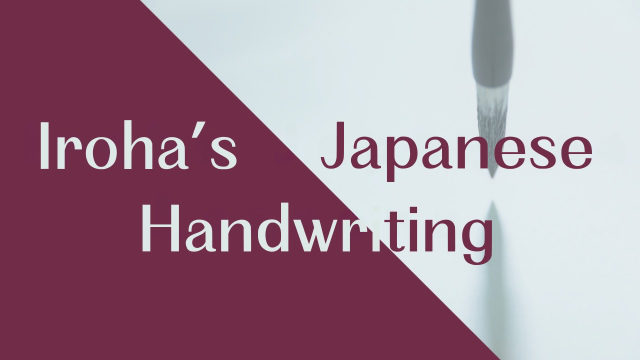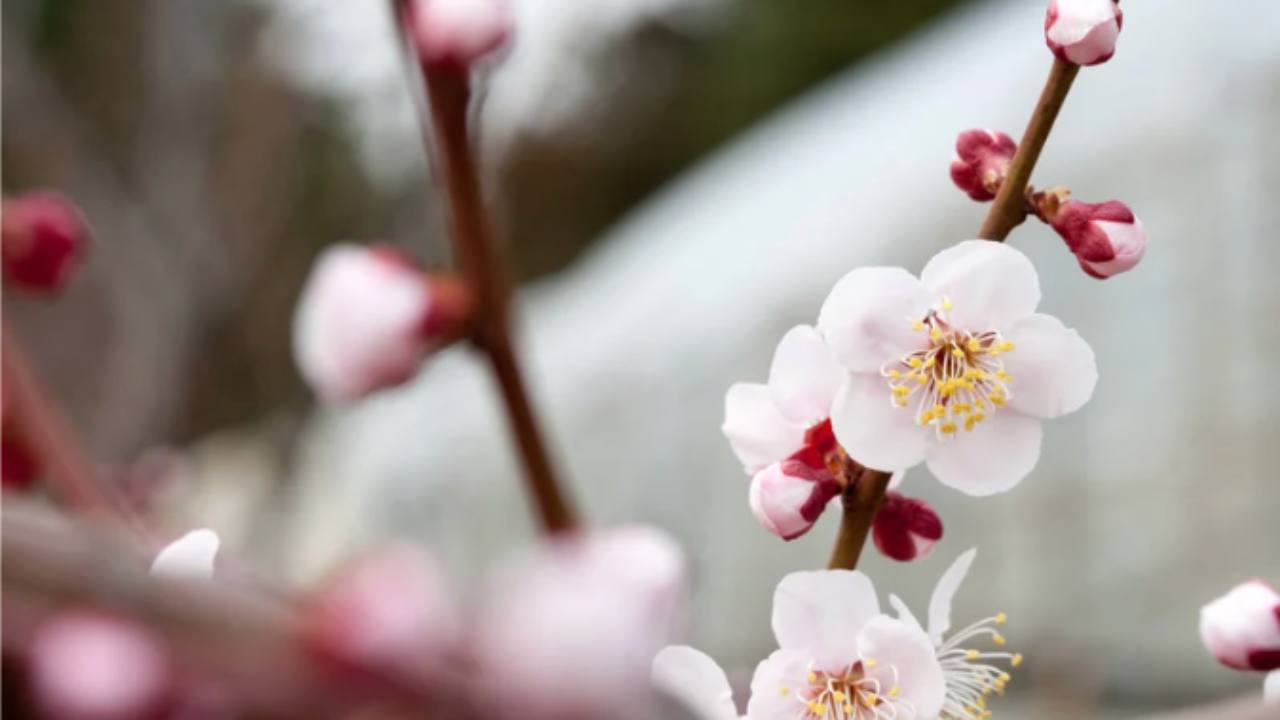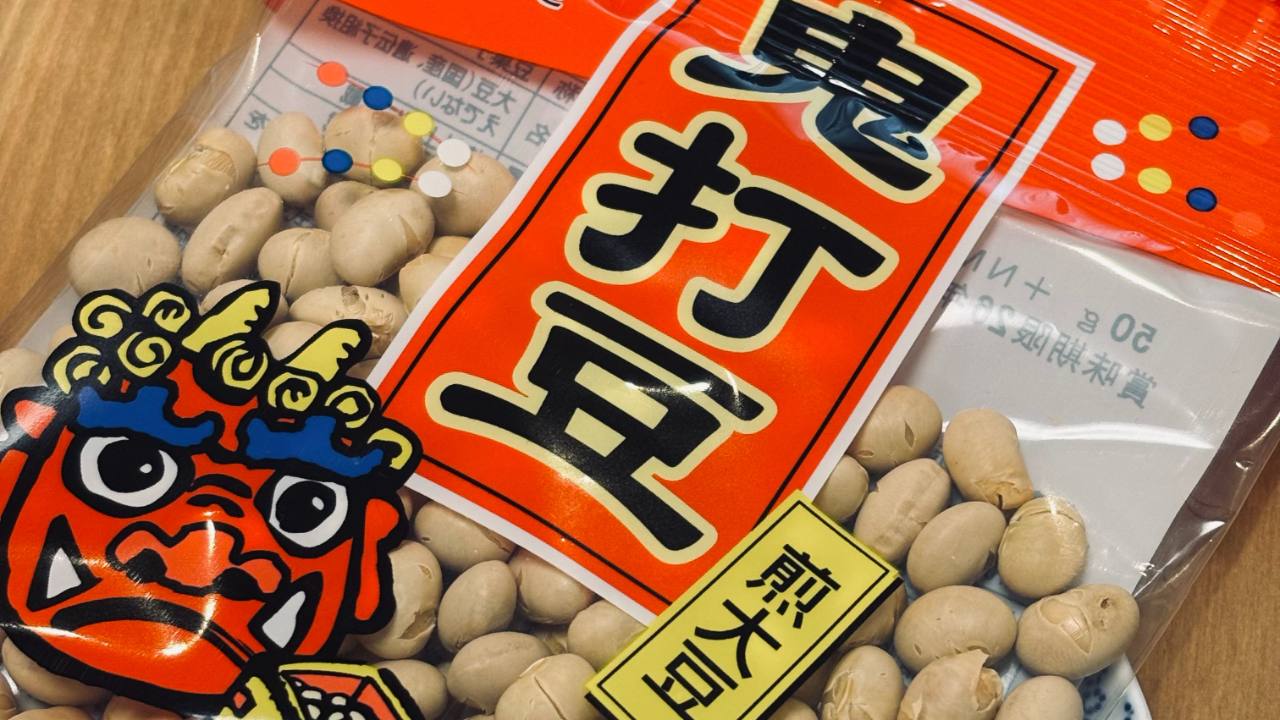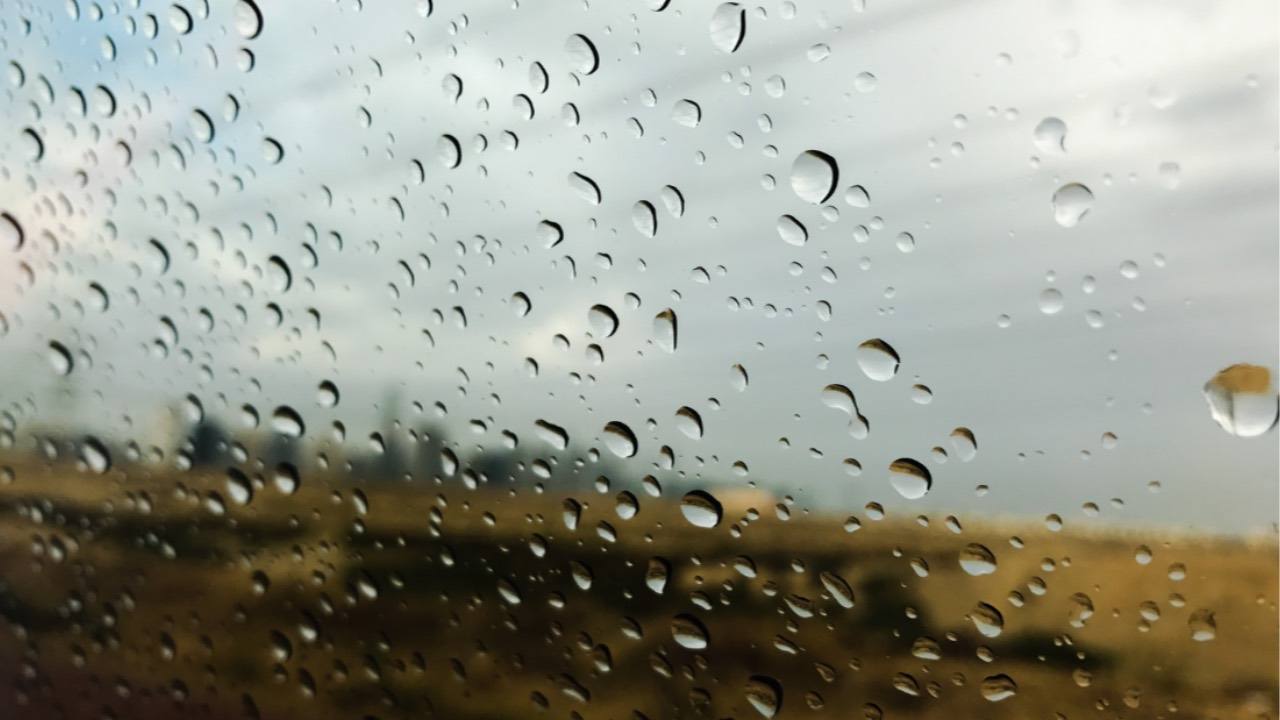冬至、そして年の瀬 The winter solstice and the end of year
こんにちは!ちょっとご無沙汰してしまいました。明日21日(土)は冬至ですね。一年で一番日が短い日。日本では冬至の日には風邪をひかないようにカボチャを食べて、柚子湯に入る、という習慣があります。柚子湯というのは、湯船に柚子を浮かべてその中に入るというお風呂の入り方で、柚子の良い香りがしてとても気持ちがいいんですよ。柚子とは、柑橘系のフルーツの一種ですが、冬に採れるため日本では料理などにもよく使い、柚子の香りがすると、冬だなあ、と感じるものです。
Hello! It's been a while. Tomorrow, Saturday, the 21st of December is the day of the winter solstice, the shortest day of year. In Japan, we have the customs to eat squash for preventing the flu, and to take Yuzu-yu bath on that day. Yuzu-yu is a bath with many yuzu (a type of citrus) floating and you soak yourself in that hot water. You can smell the good Yuzu scent and it's so nice! Yuzu is a kind of citrus fruits, and because it is harvested in winter, it's often used in cooking in this time of year. So you feel the winter when you find the Yuzu scent in the dishes.
クリスマスももうすぐ!日本の学校ではそろそろ冬休みに入りますし、「年末」とか「年の瀬」といった表現も多くなり、今年も一年終わるんだなあ、と感慨深くなります。なんといっても一年の節目ですから、一年をきちんと終わらせるために、大掃除をしたり、年末のご挨拶をしたり、お正月のためにおせちやお年玉の準備に忙しい時期になります。12月は旧暦で「師走」という名で、「師」も走るくらい忙しくなる月、という説もあるくらいです。お正月に入ると打って変わって、静かで穏やかな雰囲気になるのですが、私はこの年の瀬の忙しい雰囲気も嫌いじゃありません。
Soon to be Christmas! and Japanese schools are now entering the winter holidays. More expressions like "end of year" (年末 nenmatsu, 年の瀬 toshi no se) are used and I feel that this year is really ending now. Well, it's an annual milestone, so in order to finish the year properly, we all do the 大掃除o-souji (big cleaning), the end-of-year greetings, the preprations for the new year such as making おせちOsechi (our traditional new year dinner) and preparing お年玉 otoshidama (pocket money for children, put in a small paper bag), etc., and it's a very busy season. December was called "Shiwasu 師走" in our traditional calendar, meaning "even 師, an (usually calm) monk, is running busily" apparently. After the New Year's Day, it suddenly becomes quiet and calm, but I don't dislike this busy atmosphere at all, in this time of year.
それでは、皆さんもこの特別な時期を目一杯楽しんでくださいね!風邪をひかないようにお気をつけて。
いろは
So enjoy this special season to the full! Please take care for not getting the flu.
Iroha





